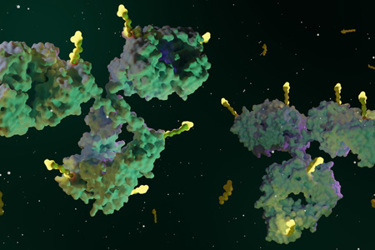ChetoSensar: Overcoming The Solubility Challenges Of Antibody-Drug Conjugates
By Carl Deutsch, PhD

Antibody-drug conjugates (ADCs) often present solubility challenges due to the hydrophobic properties of the attached payloads; poor solubility can lead to aggregates and impact manufacturability or even pharmacokinetic properties. In an attempt to overcome this hydrophobicity, ADC developers may resort to reducing the drug-antibody ratio (DAR), a strategy that may result in a loss of efficacy, reduce the therapeutic window, and cause unintended side effects. Other opportunities to mitigate solubility challenges are possible and include changes to the formulation, payload, or conjugation site or the addition of a co-solvent. Unfortunately, these approaches require additional investments, which can increase development risks as well as have potential intellectual property and freedom-to-operate constraints. If the solubility issue cannot be resolved, the clinical development program may have to be terminated.
Continue reading to learn about ChetoSensar™, a chito-oligosaccharide that dramatically increases the solubility of ADCs when incorporated into the linker-payload construct.
Get unlimited access to:
Enter your credentials below to log in. Not yet a member of Biosimilar Development? Subscribe today.
